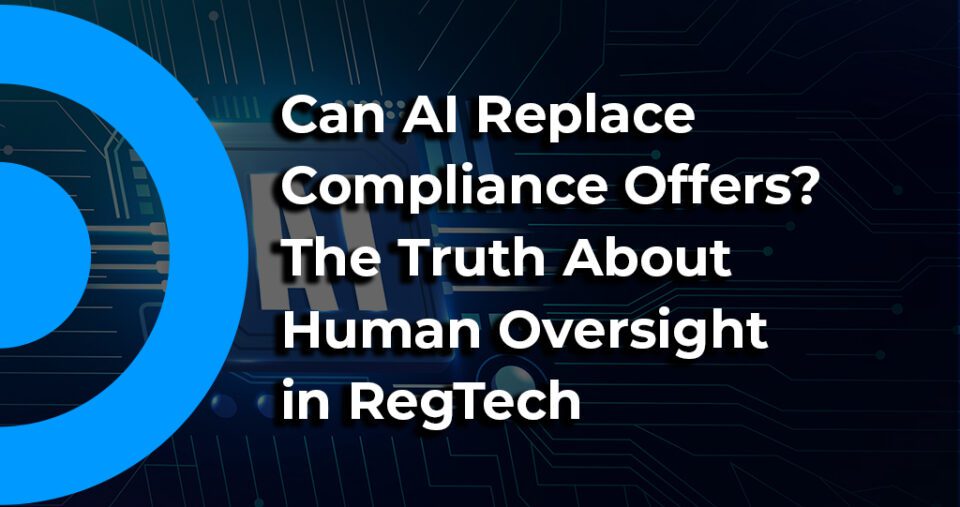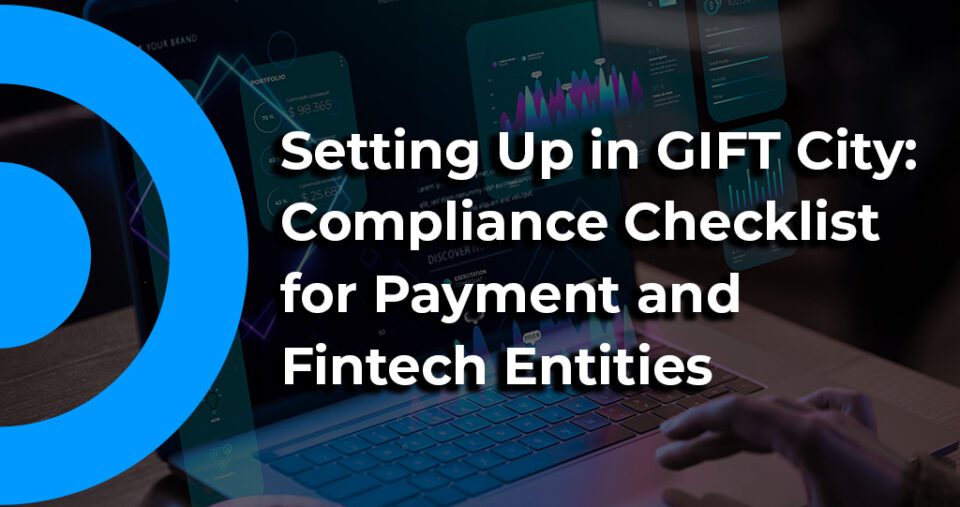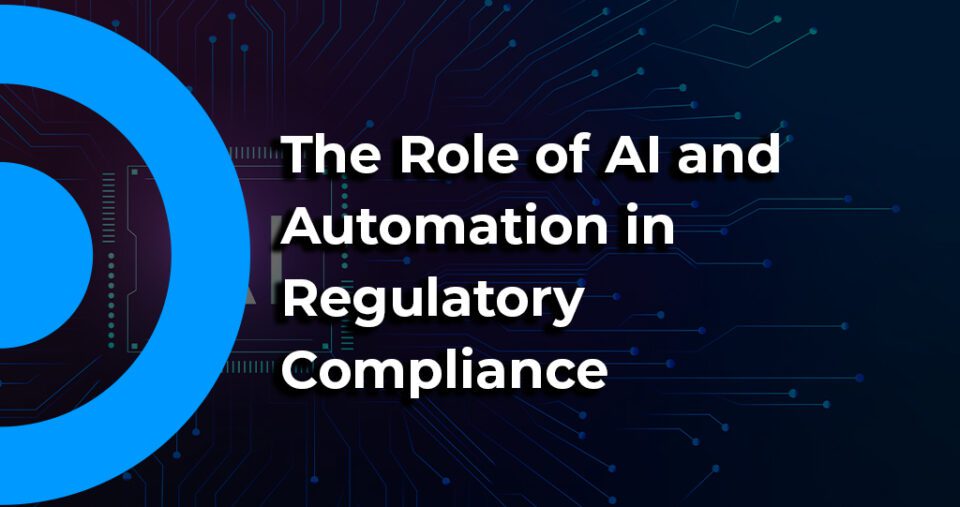
The Role of AI and Automation in Regulatory Compliance
May 23, 2025
Setting Up in GIFT City: Compliance Checklist for Payment and Fintech Entities
May 28, 2025As the fintech industry continues to expand globally, regulatory scrutiny is intensifying. Startups and scaleups alike must navigate a complex web of compliance obligations—ranging from AML frameworks and licensing to data privacy and cybersecurity. While innovation drives growth, inadequate compliance controls can lead to enforcement actions, financial penalties, and reputational damage.
This blog highlights the most pressing compliance challenges for fintechs and offers strategic solutions to help you build a resilient, scalable compliance program.
Why Compliance is a Strategic Priority for Fintechs
Fintechs are often built to disrupt—but disruption without guardrails can backfire. Regulators are closely monitoring digital payment platforms, lending apps, neobanks, and crypto-related services to ensure they comply with Anti-Money Laundering (AML), Know Your Customer (KYC), data protection, and consumer protection laws.
According to a 2024 Finextra report, over 30% of fintechs surveyed faced compliance-related enforcement actions within their first five years of operation.
By embedding compliance into the core of business operations, fintechs can mitigate risk, build trust with partners and customers, and facilitate smoother market expansion.
Top Regulatory Compliance Challenges Facing Fintechs
1. Navigating AML and KYC Obligations
Regulators require fintechs to implement AML programs and conduct customer due diligence (CDD). However, many startups struggle with:
- Designing scalable AML frameworks
- Integrating effective KYC verification processes
- Complying with jurisdiction-specific AML laws
2. Licensing and Regulatory Uncertainty
Each jurisdiction has different licensing categories and regulatory bodies:
- Canada: MSB registration with FINTRAC
- UAE: Licensing through the Central Bank or ADGM/DFSA
- Hong Kong: SFC or Money Service Operator (MSO) licensing
- India: RBI licensing for PPI and payment aggregator services
The challenge lies in understanding when licensing is required and choosing the appropriate path based on your business model.
3. Cross-Border Compliance and Expansion
Operating across borders brings added complexity. Compliance with multiple data protection laws (like GDPR, PDPA, and PIPEDA), payment regulations, and tax requirements increases operational overhead and legal exposure.
4. Data Privacy and Cybersecurity Obligations
Fintechs process vast amounts of sensitive customer data. Compliance failures under regulations like GDPR or CCPA can result in substantial fines and data breach liabilities.
5. Building a Scalable Compliance Program
Early-stage companies often treat compliance as an afterthought. This results in:
- Disconnected tools
- Manual processes
- Poor documentation for regulatory reviews
These deficiencies can lead to license denials, transaction bans, or even product shutdowns.
How to Overcome These Compliance Challenges
Implement a Risk-Based Compliance Framework
Tailor AML and KYC controls based on risk. High-risk customers, products, or geographies should trigger enhanced due diligence and stricter transaction monitoring. Align your internal risk scoring with FATF guidelines.
Prompt for deeper analysis:
“Break down how fintechs can use a risk-based approach to prioritize compliance resources effectively and meet FATF expectations.”
Invest in Compliance Technology
Automate identity verification, transaction monitoring, and reporting with RegTech solutions. Look for tools that integrate with your product stack and allow for rule-based logic, document retention, and audit trails.
Engage Regulatory Experts Early
Consult with legal and compliance professionals familiar with the jurisdictions you operate in. Proactively addressing licensing and legal issues saves time and cost down the road.
Explore our Licensing Services
Establish Strong Governance and Documentation
Appoint a compliance officer (or virtual CCO) early. Create and regularly update your compliance policies, internal controls, training logs, and reporting templates.
Prepare for Audits and Regulatory Reviews
Maintain a compliance calendar, ensure version-controlled policies, and conduct internal audits. Use mock inspections or gap assessments to stay audit-ready.
Prompt for deeper analysis:
“Explore recent enforcement actions against fintechs for AML, licensing, or data privacy failures—and provide key lessons for emerging firms.”
Conclusion and Key Takeaways
Compliance should never be an afterthought in a fintech business model. Whether you’re preparing for expansion, licensing, or scaling operations, early investments in compliance frameworks will future-proof your company.
Key Takeaways
- Design risk-based AML and KYC procedures
- Monitor evolving global regulations
- Integrate technology that scales with your growth
- Prioritize documentation and audit readiness
- Seek expert support before launching in new markets
Contact us to assess your compliance readiness



